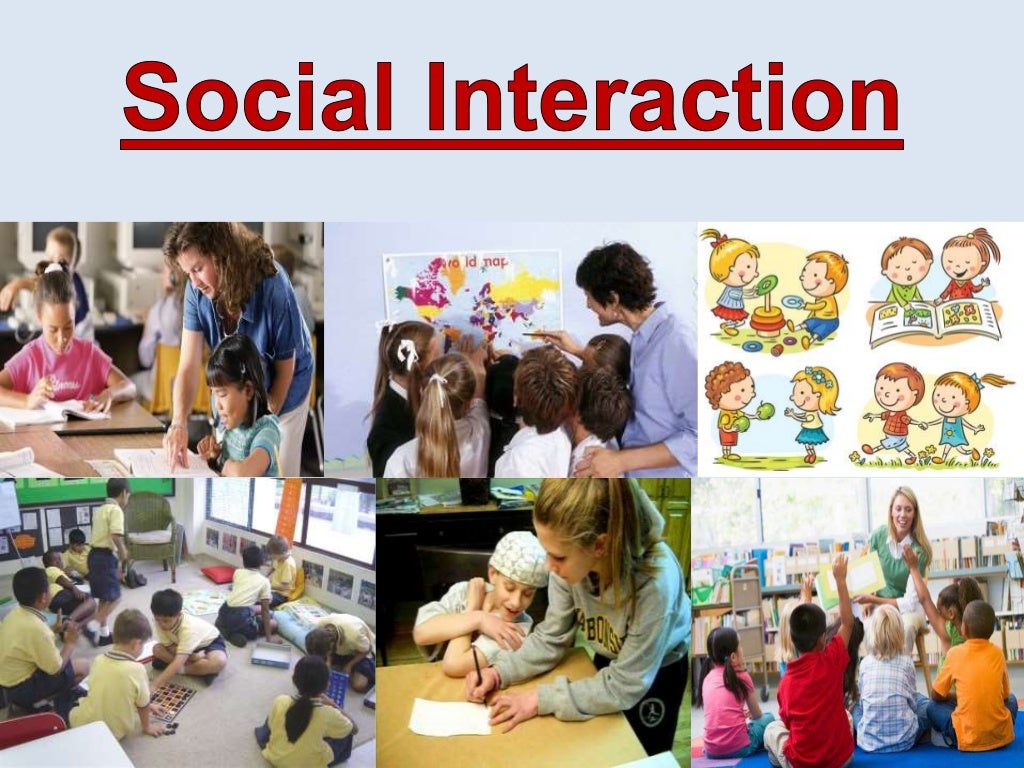Have you ever wondered why certain behaviors or beliefs are common in your community, but seem strange to people from a different part of the world? This common human experience highlights the profound influence of our social and cultural contexts. Social cultural theory helps us understand this dynamic interplay between individuals and communities, explaining how our thoughts, actions, and identities are shaped by the world around us.

Image: mungfali.com
This theory goes beyond simply observing societal norms; it delves into the complex process of learning, growing, and developing within a specific cultural context. By examining the intricate dance between individual agency and cultural influences, we gain valuable insights into human behavior and its underlying motivations.
Origins and Key Figures
The roots of social cultural theory can be traced back to the groundbreaking work of Russian psychologist Lev Vygotsky in the early 20th century. He challenged the prevailing notion of individual development as a solely internal process, emphasizing the critical role of social interactions and cultural tools in shaping individual cognition.
Vygotsky’s primary concept was the Zone of Proximal Development (ZPD). This refers to the gap between what a learner can accomplish independently and what they can achieve with the guidance and support of a more knowledgeable other. The ZPD highlights the importance of collaborative learning and the transformative power of interactions with others.
Another key figure in social cultural theory is Albert Bandura, whose work on social learning theory underscores the influence of observation and imitation in human development. Bandura’s research underscores the power of social modeling and the crucial role of vicarious learning in acquiring new skills and behaviors.
Core Concepts and Principles
Social cultural theory rests on several key principles that provide a framework for understanding the complex relationship between individuals and their social worlds. Here are some of the most important:
- Social Construction of Knowledge: Knowledge is not inherent but rather actively constructed through social interactions and cultural practices.
- Importance of Culture: Cultures provide the context within which individuals interpret their experiences and develop their understanding of the world.
- Mediation: Cultural tools, such as language, symbols, and artifacts, mediate our interactions with the world and shape our cognitive processes.
- Scaffolding: More experienced members of a community provide support and guidance to learners, helping them progress to higher levels of competence.
- Collective Development: The development of individuals and societies are interconnected, as cultural practices shape individual development and individuals, in turn, contribute to the evolution of their culture.
Real-World Applications
Social cultural theory finds application in various fields, offering valuable insights into human behavior and development. Some of the most prominent areas include:
- Education: Teachers can use social cultural theory to create more effective learning environments that foster collaboration, support, and cultural sensitivity. Strategies like peer tutoring, group projects, and culturally relevant learning materials all draw upon the principles of social cultural theory.
- Psychology: Therapists use social cultural theory to understand the influence of social and cultural factors on mental health, providing culturally sensitive interventions and promoting social change.
- Multiculturalism: Social cultural theory promotes understanding and tolerance for diverse perspectives and cultures, helping us navigate a world with increasing globalization and cultural exchange.
- Community Development: Social cultural theory informs community development programs by highlighting the importance of community engagement, cultural sensitivity, and promoting the collective well-being of diverse groups.

Image: helpfulprofessor.com
Recent Trends and Debates
As a vibrant and constantly evolving field, social cultural theory is subject to ongoing debate and development. Some current trends include:
- Digital Cultures: The rise of the internet and social media has introduced new forms of social interaction and cultural expression, presenting unique challenges and opportunities for understanding how technology shapes individual and collective identities.
- Intercultural Communication: With increased globalization and intercultural interaction, social cultural theory is playing a critical role in understanding how people from different cultural backgrounds communicate effectively and navigate intercultural conflicts.
- Critical Pedagogy: Social cultural theory has inspired critical pedagogical approaches that challenge oppressive power structures and advocate for social justice within educational settings.
What Is Social Cultural Theory
https://youtube.com/watch?v=wtkf8KaQemU
Conclusion
Social cultural theory provides a valuable lens through which we can understand the complex and dynamic relationship between individuals and their social and cultural surroundings. By acknowledging the interconnectedness of individual development, cultural influences, and social interactions, we gain a deeper appreciation for the forces that shape human behavior and the intricacies of human experience.
This theory is an ongoing conversation, one that encourages us to be mindful of the cultural and social contexts that shape our lives and to engage critically with the world around us. As we continue to learn and adapt to a changing world, the insights offered by social cultural theory will continue to be relevant and important for navigating the challenges and opportunities of human life.






